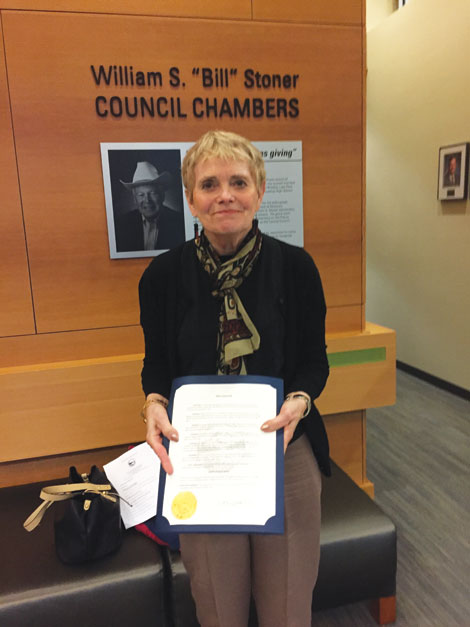Keep it cool to avoid foodborne illness
Harmful bacteria that cause food poisoning thrive and grow at warmer temperatures. So when food is left out too long at room temperature, or when a home refrigerator is set too warm, bacteria such as Salmonella can grow to dangerous levels that might make people sick.
That’s where Partnership for Food Safety Education comes in. The non-profit group is introducing a new campaign, titled “Go 40 °Fahrenheit or Below,†to call attention to the importance of the home refrigerator in reducing the risk of foodborne illness.
Bacteria grow most rapidly in food refrigerated at temperatures between 40 and 140 degrees Fahrenheit, the “danger zone,†officials say. Each year, about 48 million people in the U.S. get sick from contaminated food or beverages. The national Centers for Disease Control estimates approximately 1,600 illnesses and 260 deaths due to Listeriosis alone occur annually.
Almost all cases of Listeriosis occur among pregnant women, older adults 65 and over, and people with immune system-compromising conditions.
Older adults are highly susceptible, and the older you are, the greater the risk, according to Hilary Thesmar, vice president of food safety for Food Marketing Institute
“A refrigerator at 40 °F or below is one of the most effective ways to reduce the risk of foodborne illness,†Thesmar said. “Our member retailers have a commitment to healthy, safe food, and also to supporting their customers with the information they need to improve food safety at home.â€
The only way to be sure the home refrigerator is at or below the recommended temperature is to measure the temperature with a refrigerator thermometer. This type of thermometer is usually a separate tool that stays in the refrigerator and displays the actual temperature.
Other advice from the new information campaign for reducing risk of foodborne illness include:
•Refrigerate or freeze perishables, prepared foods and leftovers within two hours of purchase or use.
• Thaw and marinate food in the refrigerator, not on the counter
•Separate large amounts of leftovers into small, shallow containers for quicker cooling in the refrigerator.
•Use or discard refrigerated leftovers within three or four days.
•Clean up spills in the refrigerator immediately, and regularly clean the inside walls and shelves with hot water and liquid soap.
More Information is available at www.fightbac.org.
The Food Marketing Institute Foundation, which provided grant funding for the campaign, focuses on research and education in food safety, nutrition and health. Additional support is coming from Cargill Inc., Grocery Manufacturers Association, NSF International, and the Produce Marketing Association.

